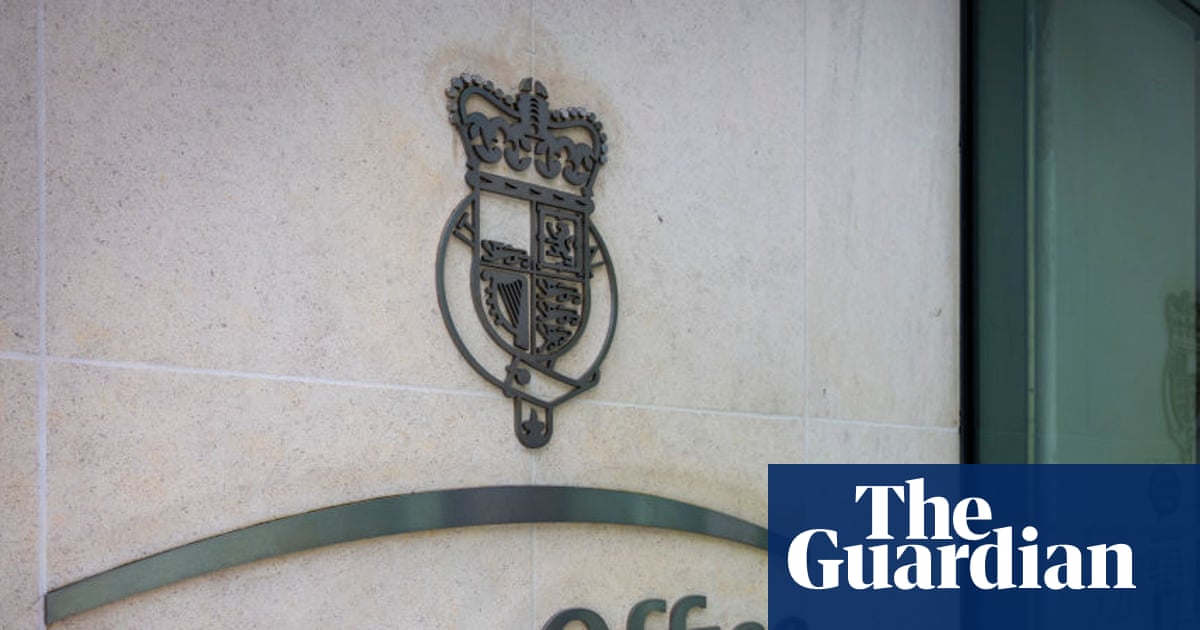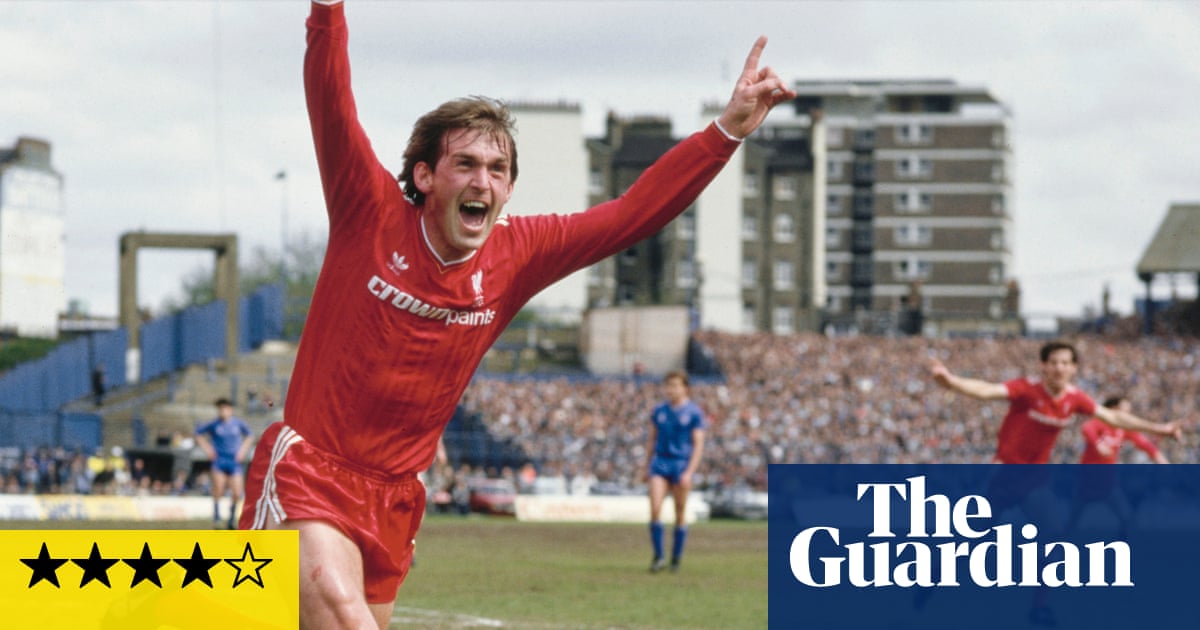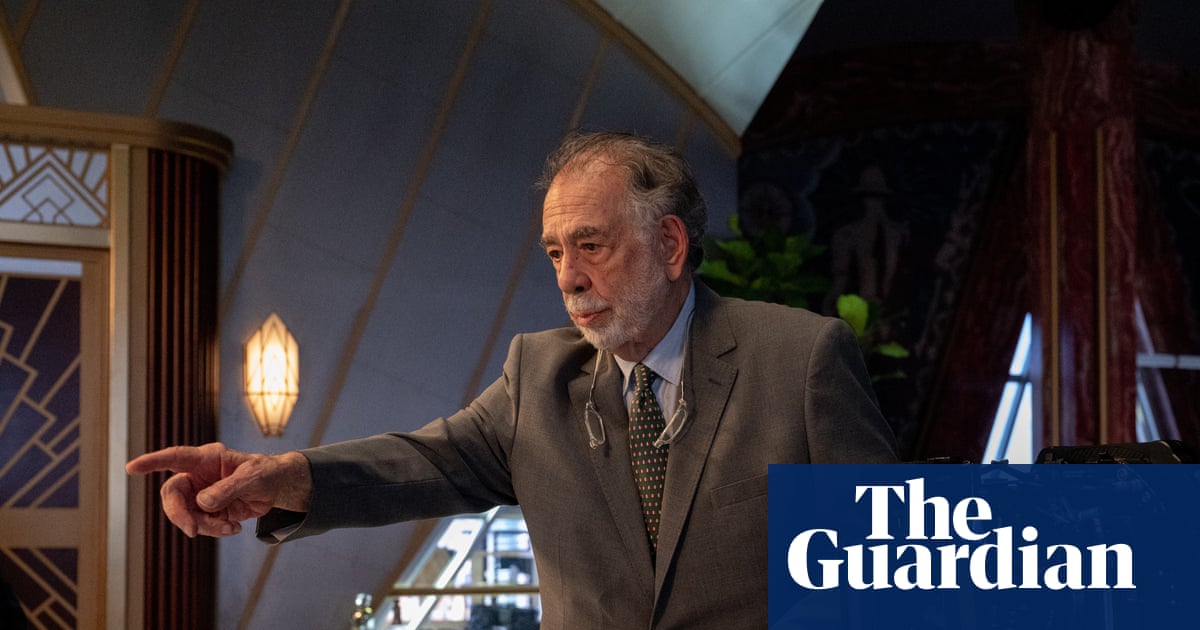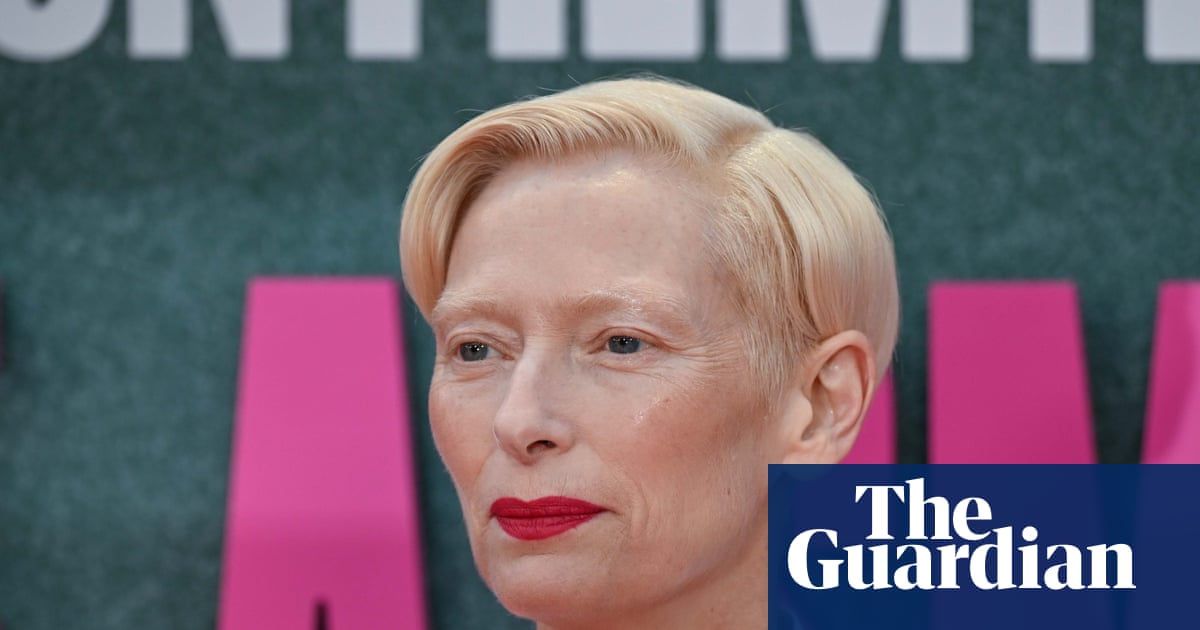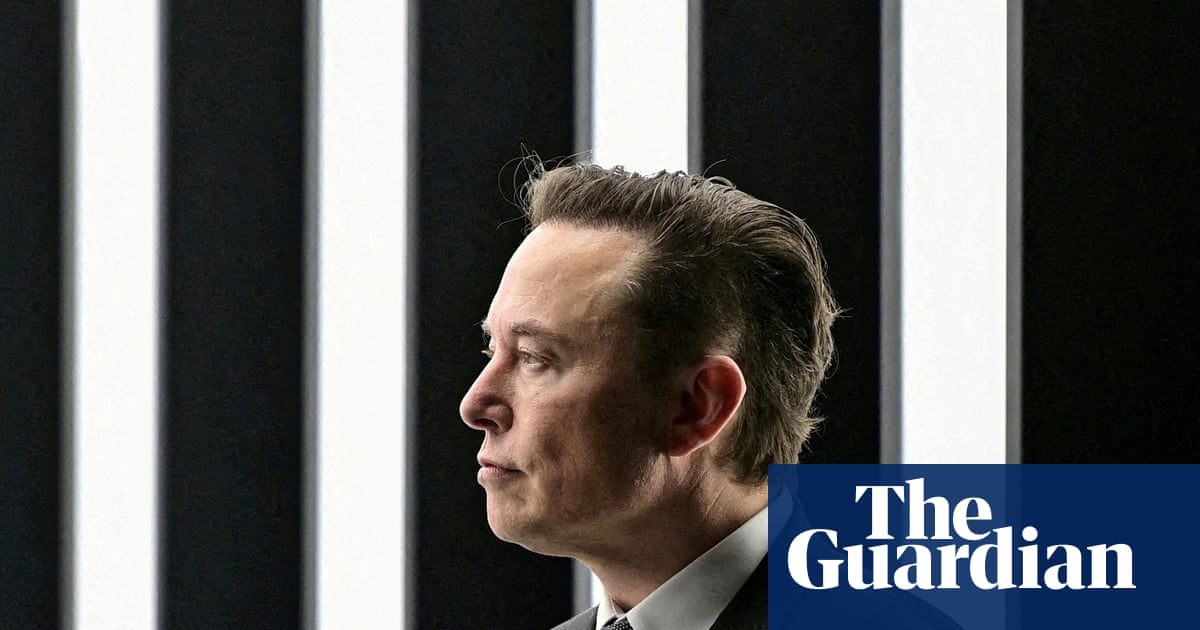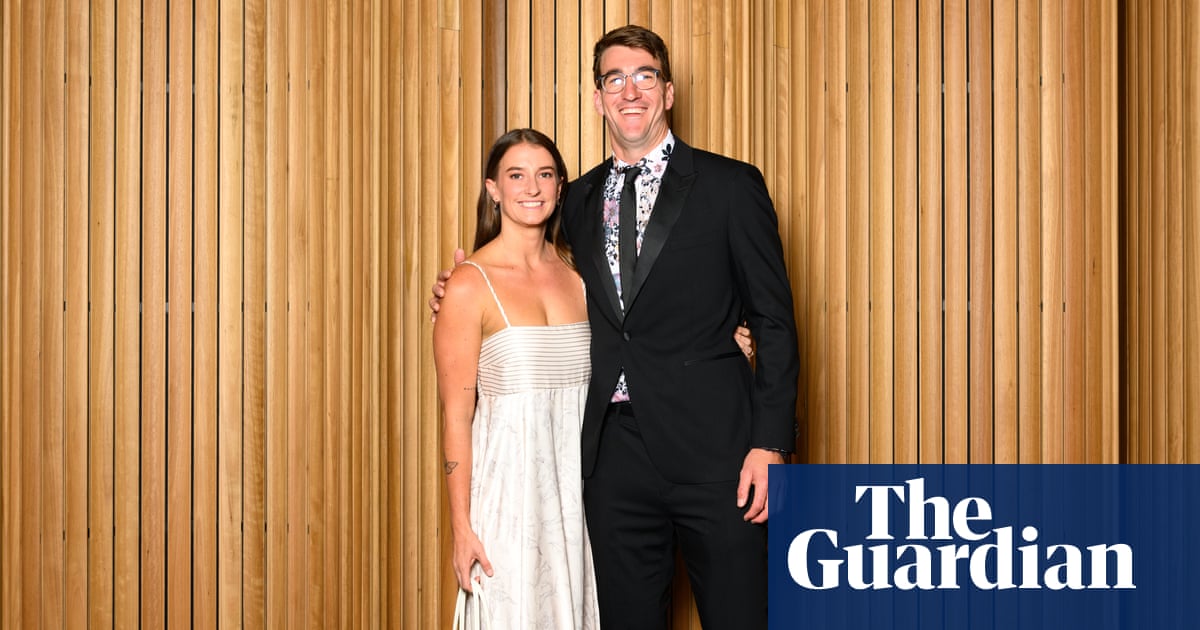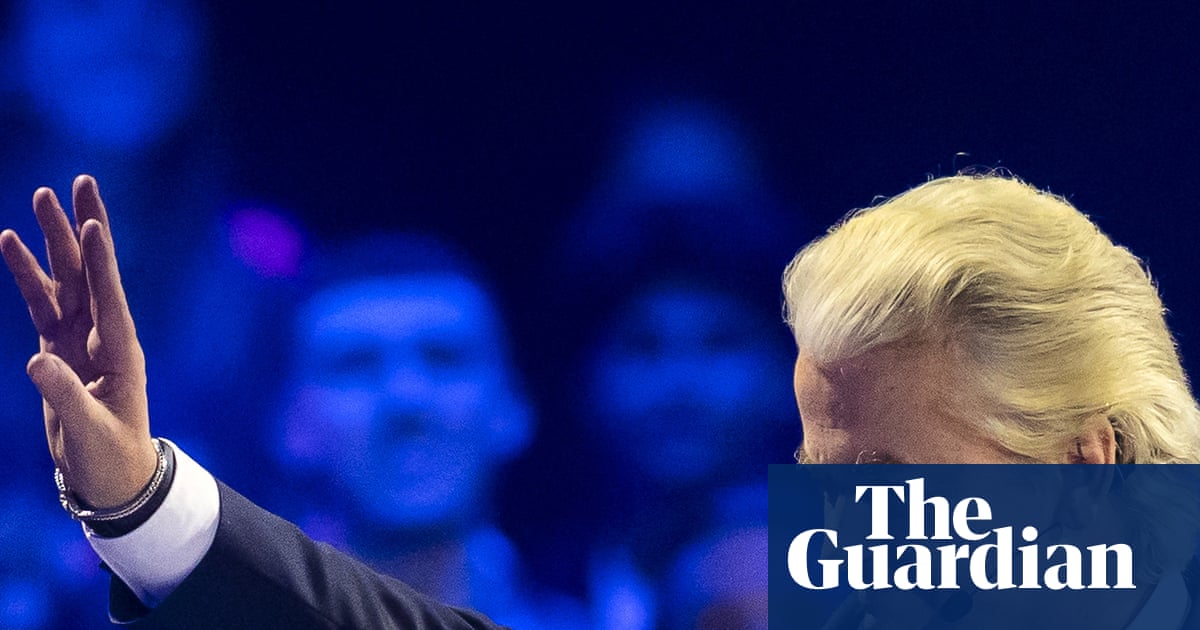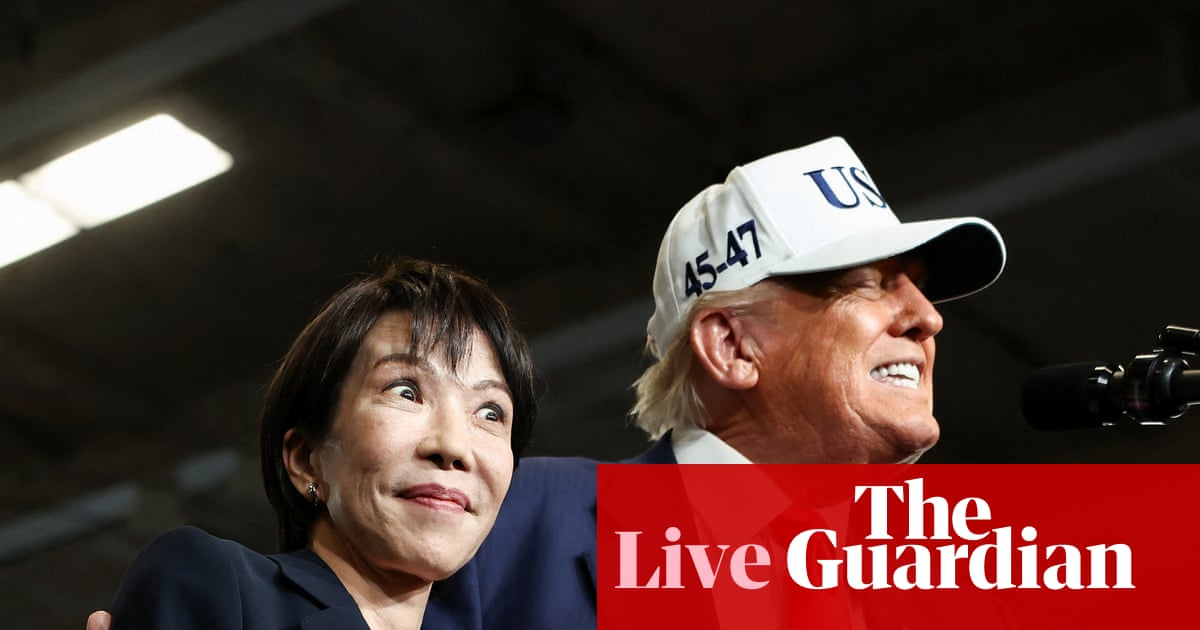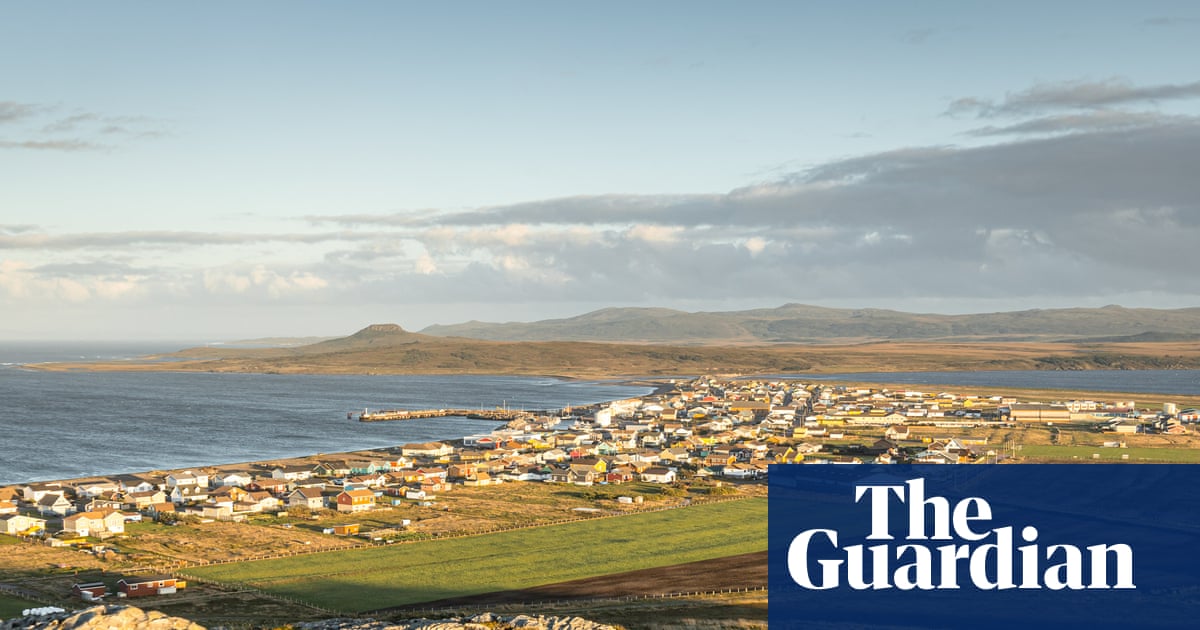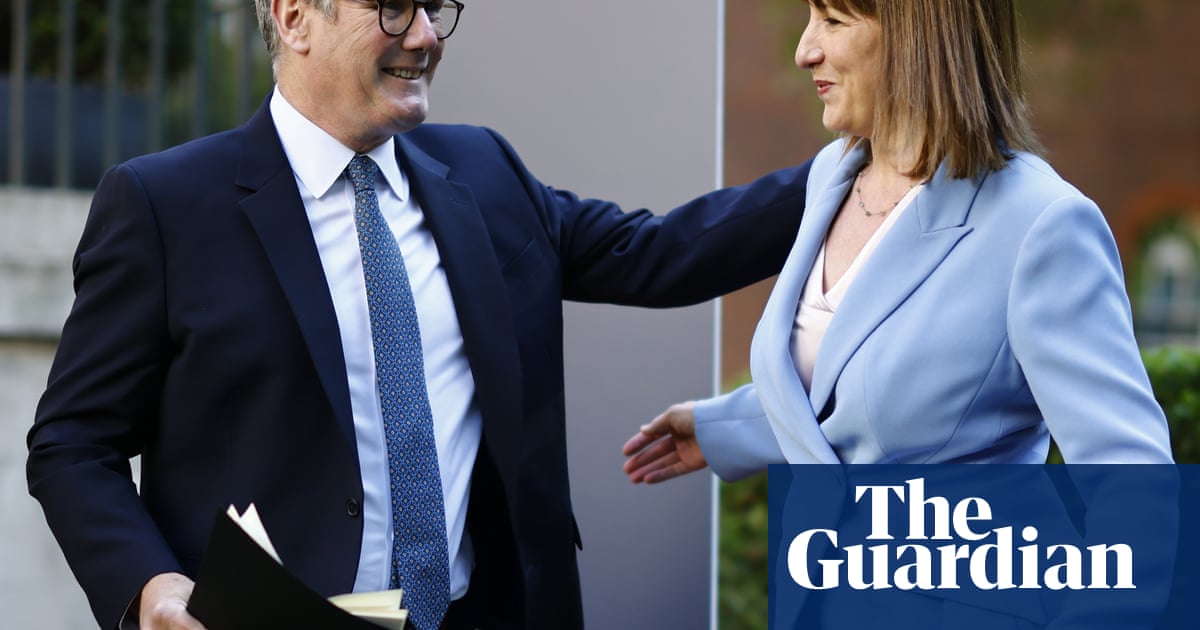As understatement goes, Tim Davie appeared to have mastered it as he presented the BBC’s annual report. Questions poured in over whether he had ever considered his position as a succession of problems landed on his desk this year. In response, he acknowledged he and the BBC had faced a “tough period”.
The failure to cut a Glastonbury livestream, missed opportunities to address the behaviour of former presenter Gregg Wallace and criticism over its handling of two Gaza documentaries have seen a huge amount of opprobrium heading the BBC’s way in recent weeks.
The incidents, often of the BBC’s own making, have handed the corporation’s perennial critics plenty of material. More surprising has been the role of Lisa Nandy, the culture secretary of a Labour government, who has repeatedly targeted Davie personally over the failings.
Yet for all the issues Davie has been confronting, it was the lengthy document he was presenting that spelled out the real existential threat facing the BBC. The annual report heralded some notable BBC achievements – despite the criticisms, trust in the BBC’s current affairs coverage actually went up last year. However, it also hinted at a shifting media landscape and confirmed the BBC is far from immune to the effects.
An array of streamers and increased global competition has seen audiences fragment. Licence fee income – the life blood of the BBC – has declined significantly in value since 2010. Worryingly, more people feel they can do without it. At the start of 2019, about 26m households paid the fee. It now stands at 23.8m households. The decline has slowed slightly, but the direction of travel is clear.
Meanwhile, partly as a result of the arrival of the streamers, making TV has become more expensive.
In the toughest of environments, it seems remarkable that the BBC still reached 84% of UK adults on an average week last year – and iPlayer continues to be a success story. Nor should it be ignored that the BBC is only behind the all-conquering YouTube among the most used platforms for media by 16- to 34-year-olds in the UK.
Yet the massive cultural change in the habits of young viewers is clear. Just 37% of 16- to 34-year-olds said they watched BBC TV or the iPlayer on average, per week – and only for an average of about two hours. Back in 2018-19, the figure was 58% of the group, who watched for 2 hours 39 minutes a week.
It means Davie and his team are heading towards unavoidable financial choices – do they change the licence fee model, cut costs or find some other way of making money? In reality, they are looking at all three.
Their quest for more cash is showing results. Helped by Bluey, a licensing cash cow – or dog, commercial revenue has reached a record high. Its decision to charge US users for unrestricted news content is part of the search for income. On cost cutting, you don’t have to read between the lines to see it is on the way – the Guardian has revealed the BBC is looking at more outsourcing and collaboration with big tech to cut costs.
And then there’s the licence fee. People at the top of the corporation talk of being open-minded, aware that more households are not paying it. But in reality, they’ve drawn numerous red lines ahead of talks with ministers. No to subscription models. No to advertising. And Davie opposes a hybrid model, where everyone would pay for basic BBC services but an additional fee for all its content.
So what’s left? Perhaps a more progressive system asking wealthier households to pay more – or attaching it to council tax. Both are fraught with political risk.
Ultimately, both the BBC and the government may be tempted to duck a radical option on reforming the licence fee. But with the media world changing so fast, it may be the last time a fudge is possible.

 3 months ago
49
3 months ago
49
